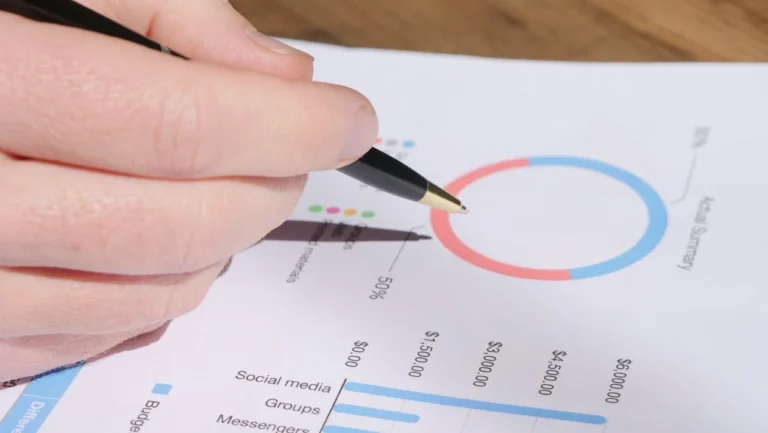Book Appointment Now

The Holistic Health Assessment Essay
Part 1: Holistic Health Assessment
The subject of this holistic health assessment is my 45-year-old cousin, referred to as “John” for confidentiality. Below is the detailed documentation of the assessment data:
Health History:
John has a history of hypertension diagnosed three years ago and is on daily medication. He reports occasional noncompliance with his medication and diet. John also experiences frequent headaches and mild fatigue, which he attributes to work-related stress. He is a non-smoker, drinks socially, and exercises sporadically.
Physiological Assessment:
John’s blood pressure was recorded as 150/92 mmHg during the assessment. His BMI is 29.5, indicating overweight status. He reports no significant physical injuries or surgeries but mentions occasional joint pain, particularly in his knees.
Psychological Assessment:
John describes feeling anxious about meeting work deadlines and managing family responsibilities. He rates his stress level as 7/10 and acknowledges trouble sleeping at least three nights a week. He denies feelings of depression but expresses concern about his inability to relax.
Social Assessment:
John lives with his wife and two children, maintaining a stable family life. His primary social interactions are with his immediate family and coworkers. He acknowledges that his busy schedule limits time spent with friends.
Cultural Assessment:
John identifies as Christian and values traditional family roles. His cultural background influences his preference for home-cooked meals, though he admits to eating fast food frequently due to time constraints.
Developmental Assessment:
John is in Erikson’s stage of generativity versus stagnation, striving to provide for his family and leave a meaningful legacy. He expresses satisfaction with his career but feels he could be doing more to support his children emotionally.
Spiritual Assessment:
John attends church occasionally and considers prayer a source of comfort. He believes in a higher power but feels he has not prioritized spiritual growth as much as he would like.
Part 2: Interpretation of Findings
Physiologic Abnormality: Hypertension
John’s elevated blood pressure of 150/92 mmHg is the primary abnormality identified during the assessment.
Pathophysiologic Reasons for Hypertension:
Hypertension occurs due to increased resistance in the blood vessels, often linked to factors such as obesity, stress, high sodium intake, and a sedentary lifestyle (Carretero & Oparil, 2000). John’s overweight status, sporadic exercise routine, and stress levels likely contribute to his condition.
Get a custom paper help about holistic health assessment
Order Custom Nursing Paper
Holistic Impact of Hypertension:
- Physical: Hypertension increases John’s risk for cardiovascular disease, stroke, and kidney damage.
- Psychological: The condition amplifies his stress and anxiety about his health and family responsibilities.
- Social: Frequent headaches and fatigue limit his ability to engage in social activities.
- Cultural: His preference for traditional home-cooked meals clashes with his time constraints, leading to unhealthy food choices.
- Developmental: Concerns about his health distract him from fully participating in generativity-related activities, such as mentoring his children.
- Spiritual: John’s health issues may lead to feelings of neglect toward his spiritual practices, reducing a potential source of emotional resilience.
Stress and Coping Mechanisms:
John relies on prayer and occasional exercise to cope with stress. While these mechanisms are beneficial, they are insufficient for effectively managing his hypertension and anxiety.
Improvements:
- Incorporating regular physical activity into his routine.
- Scheduling time for relaxation techniques such as deep breathing or mindfulness meditation.
- Seeking professional counseling to develop effective stress management strategies.
Part 3: Teaching Plan
Based on the holistic assessment, a tailored teaching plan was developed for John:
Physical Goal: Reduce blood pressure to 130/80 mmHg through diet and exercise.
- Teaching: Educate John on the DASH diet, portion control, and the importance of consistent exercise. Provide a weekly workout plan that incorporates walking and strength training.
- Evaluation: Monitor John’s blood pressure monthly and review his exercise and diet logs during follow-up visits.
Psychological Goal: Lower stress levels and improve sleep quality.
- Teaching: Introduce relaxation techniques, such as progressive muscle relaxation and guided imagery, to reduce anxiety. Provide resources for sleep hygiene practices.
- Evaluation: Use a stress scale and sleep diary to measure improvements over three months.
Social Goal: Increase social interactions outside of work.
- Teaching: Encourage John to schedule regular outings with friends or participate in community events.
- Evaluation: Track participation in social activities through self-reporting and feedback from family members.
Cultural Goal: Balance traditional meals with healthier options.
- Teaching: Offer recipes that adapt cultural preferences to meet nutritional needs, such as low-sodium versions of his favorite dishes.
- Evaluation: Assess adherence through a food diary and follow-up discussions.
Developmental Goal: Engage more deeply with family.
- Teaching: Suggest activities that foster family bonding, such as shared meals or game nights. Guide him on setting aside dedicated time for his children.
- Evaluation: Observe changes in family dynamics through John’s feedback during follow-ups.
Spiritual Goal: Reconnect with faith practices.
- Teaching: Encourage John to incorporate prayer or scripture reading into his daily routine and attend church regularly.
- Evaluation: Track spiritual engagement through self-reported practices and its perceived impact on his emotional well-being.
References
Carretero, O. A., & Oparil, S. (2000). Essential hypertension. Part I: Definition and etiology. Circulation, 101(3), 329–335. https://doi.org/10.1161/01.CIR.101.3.329
World Health Organization. (2013). A global brief on hypertension: Silent killer, global public health crisis. World Health Day 2013. https://www.who.int
National Heart, Lung, and Blood Institute. (2022). DASH eating plan. NIH. https://www.nhlbi.nih.gov







